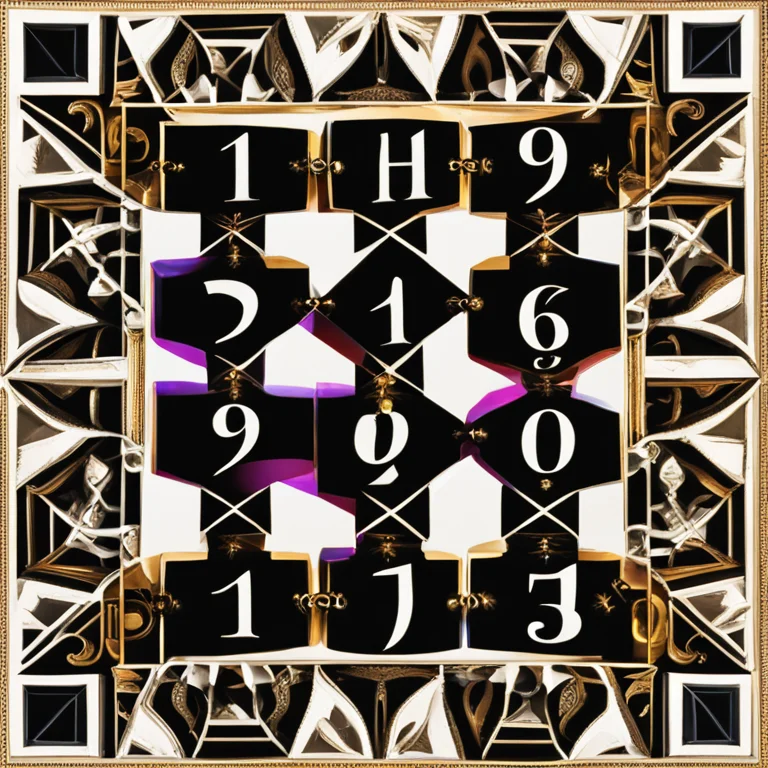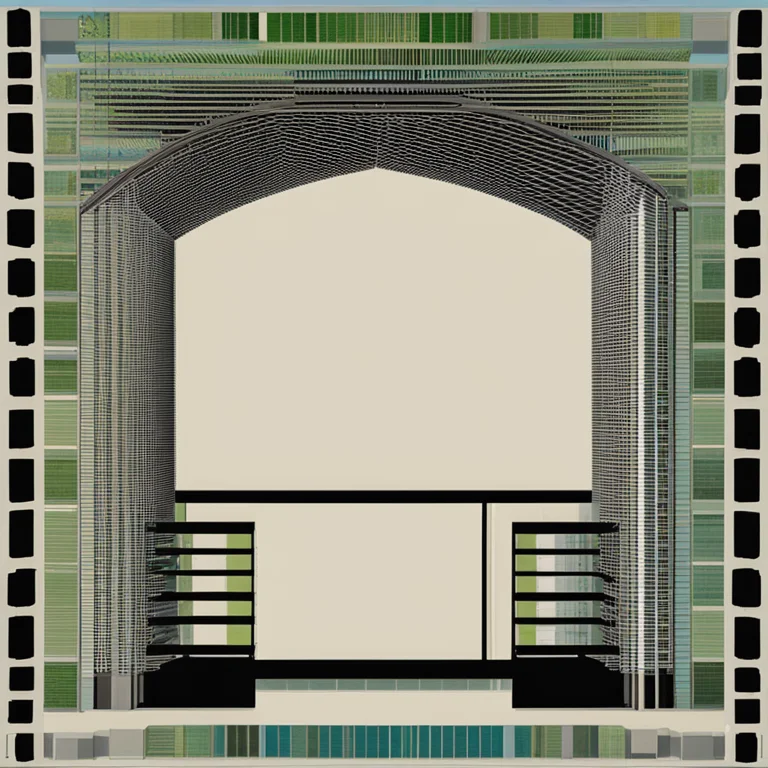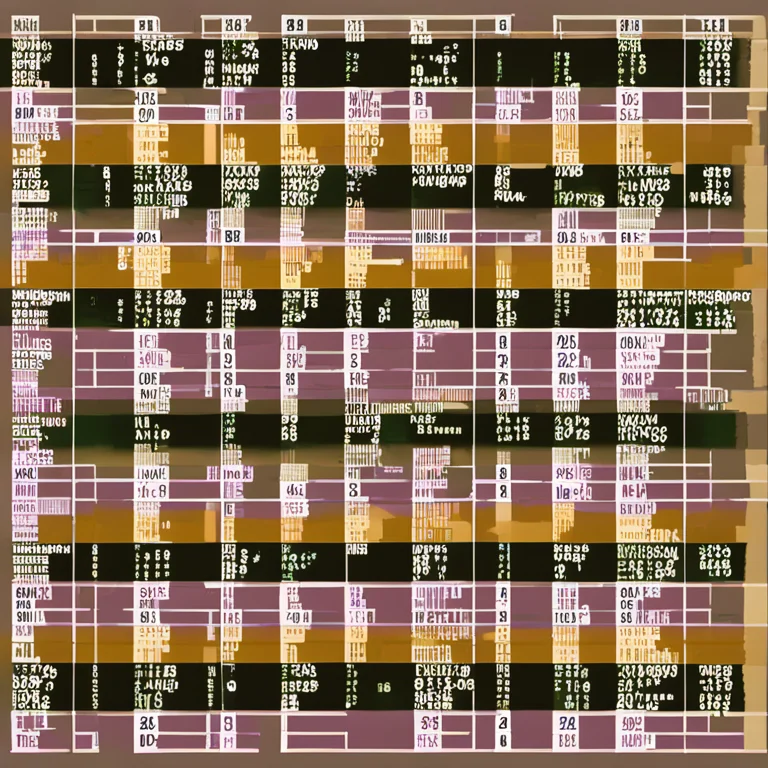
The Illusion of Numerology: A Critical Analysis
A candid look into the reasons why numerology doesn't hold up to scientific scrutiny and rational discourse.
article by Sofia Ferguson
The Nature of Numerology
Numerology is an ancient practice where numbers are assigned specific meanings and are believed to influence human life and events. It's often used to predict the future, analyze personality traits, and determine life's purpose. Yet, when examined critically, numerology reveals inconsistency and lack of empirical support. This pursuit of patterns in numbers often plays on cognitive biases, despite being dressed up in the mystical allure of ancient wisdom and complex calculations.

Lack of Scientific Basis
Science relies on evidence, repeatability, and falsifiability. Numerology falls short on all three counts. There are no peer-reviewed studies that substantiate the core principles of numerology or its predictions. The scientific method demands rigorous testing and validation, and in the realm of numerology, this is simply non-existent. Without empirical evidence, numerology remains a belief system not anchored in reality but in superstition.

Arbitrary Assignments and Interpretations
Numerology is heavily based on assigning arbitrary values and significances to numbers. Different cultures and numerologists often have contradictory interpretations of the same numbers. This subjectivity erodes any claim of universal truth or reliability that numerology could purport to offer. When the meanings of numbers can change so fluidly based on individual preference or cultural context, the foundation of numerology becomes undeniably shaky.

The Role of Confirmation Bias
Confirmation bias plays a significant role in the belief in numerology. Individuals are prone to remember predictions or interpretations that seem accurate while disregarding numerous instances where numerology fails. This selective recall reinforces the belief system, even in the face of overwhelming evidence to the contrary. It's a classic case of seeing patterns where none exist, a phenomenon known as apophenia.

Forer Effect and Generalization
A well-known psychological phenomenon, the Forer (or Barnum) effect, explains much of numerology's appeal. Descriptions in numerology are often vague and general enough to apply to a wide range of individuals. People recognize themselves in these generalized statements and incorrectly attribute accuracy to numerology. This misunderstanding is not evidence of numerology’s validity but rather of the malleability of human perception.
Fluctuating Numerological Systems
The lack of standardization in numerical systems further undermines numerology’s credibility. With no universal agreement on core practices, numerologists often disagree on interpretations and methods. If numerology were based on a concrete, universal truth, we would expect consistency across practitioners and traditions. Instead, we find discrepancies that point to a man-made rather than a universal or divine system.
Numerology and Modern Challenges
As we move beyond 2024, the challenges of the modern world require robust, actionable solutions backed by science and data. Numerology offers neither. Instead, it distracts from facing real issues with empirically unsupported promises of insight and guidance. In an age where critical thinking and data literacy are more important than ever, numerology’s antiquated beliefs represent a step back, not forward.
Published: 1/11/2024
Modified: 1/11/2024
More predictions
Come back here soon to learn more about yourself and your future


Compute Your Numerology Life Path Number
Learn how to compute your life path number in numerology to gain insight into your life's purpose and potential trajectories.


Between Virgo's & Libra's Compatibility
Discover the dynamic relationship between Virgo and Libra in love, friendship, and work.


The Role of Numerology In Our Lives
Discover what numerology is all about and how it connects numbers to life's patterns.